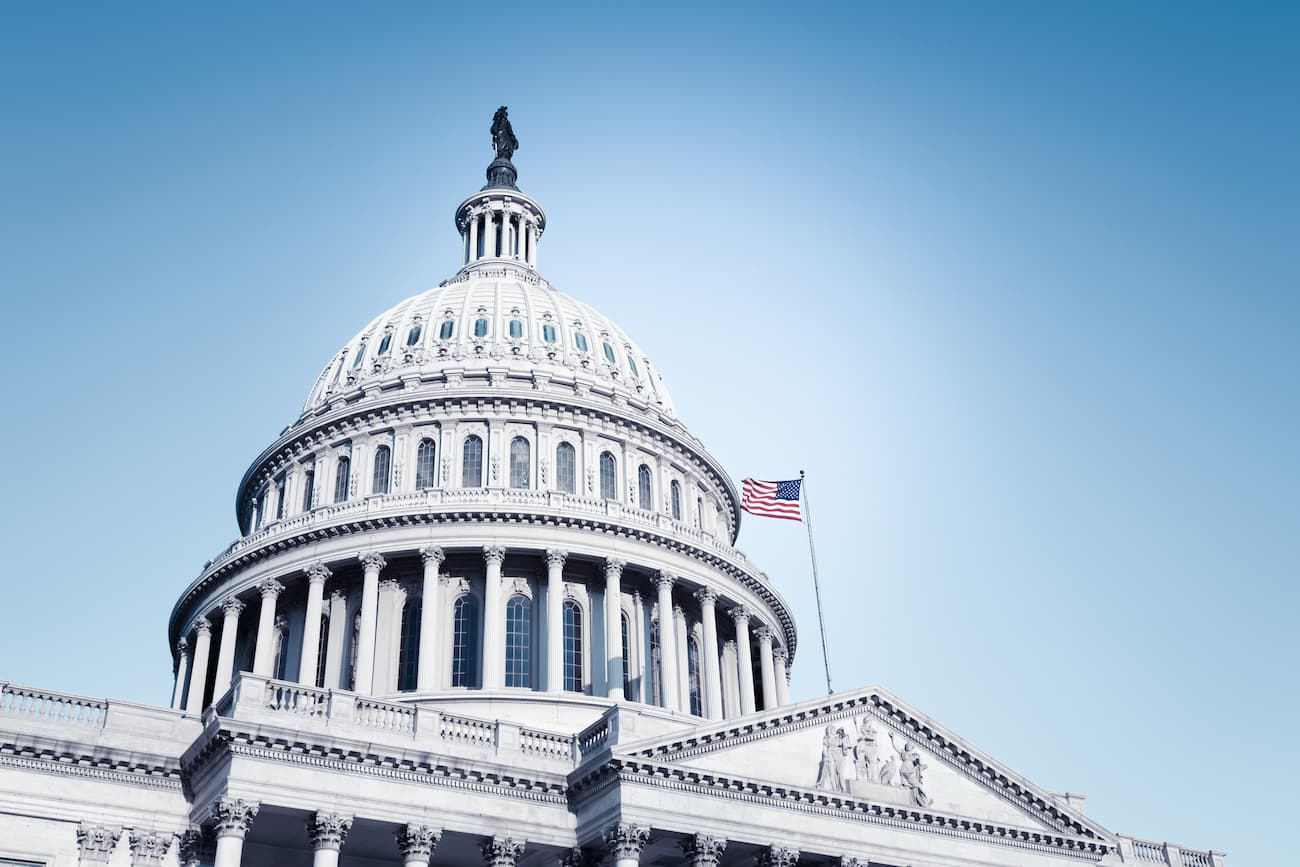Written by
Will Miranne
Will is an aPHR-certified writer on the marketing team at BerniePortal. He writes about healthcare, human resources, and benefits.
Senator Schumer Pushes New Drug Pricing Reform Bill

Senator Chuck Schumer hopes to bring about lasting change to drug reform with newly proposed prescription pricing legislation after a similar bill brought forth by President Biden was killed in December. The proposal hopes to instigate cost reductions for medications by letting Medicare hammer out pricing directly with drugmakers. Read on to learn about what we know so far.
What Is in the Proposed Drug Pricing Reform Bill?
The proposed drug pricing reform bill would allow Medicare to negotiate with drugmakers over prescription costs and even place caps to protect drug prices from inflation. The bill would also reduce the out-of-pocket maximum drug cost for Medicare beneficiaries to $2,000 annually, provide free vaccines to individuals on Medicare and assist lower-income seniors with prescription affordability.
This bill is similar to the previously failed "Build Back Better Bill" proposal, ultimately shot down in December of 2021 after Democratic Senator Joe Manchin opposed the bill.
Negotiation provisions are the most significant aspect of the bill. The secretary of Health and Human Services has already picked out ten drugs that could be subject to negotiation with new pricing procedures able to begin as early as next year. The resulting prices could conceivably go into effect by 2026, with estimates of ten more drugs following suit by 2029.
What Can Employers Expect from The Proposal?
Thus far, the proposal seems to affect Medicare plans. Historically, similar proposals have also included savings for employer-sponsored health plans. If this proposal passes through Congress, it could affect the overall cost of specific medications and healthcare, even for plans outside of Medicare, such as employer-sponsored health insurance plans. Considering prescription drug costs make up about 20% of all healthcare costs for large employers, this could represent huge savings.
These potential savings would allow employers to allocate funds elsewhere and potentially save money for their organization and their employees enrolled in employer-sponsored health insurance.
What's Next?
If Democrats seek to pass this new Drug Pricing bill, they will likely need to unite over the cause. Schumer intends on using a process known as budget reconciliation to bypass the Senate filibuster to help expedite the bill. In order to do this, the bill must be tied to a budget and be vetted by the Senate parliamentarian. Through this process, there is a chance that portions of the bill might be struck down. However, if this bill passes, it could have a lasting impact on the drug pricing landscape moving forward.
Additional Resources
You can also stay informed, educated, and up-to-date with HR news and other important topics by using BerniePortal’s comprehensive resources:
-
BerniePortal Blog—a one-stop-shop for HR industry news
-
HR Glossary—featuring the most common HR terms, acronyms, and compliance
-
HR Guides—essential pillars, covering an extensive list of comprehensive HR topics
-
BernieU—free online HR courses, approved for SHRM and HRCI recertification credit
-
HR Party of One—our popular YouTube series and podcast, covering emerging HR trends and enduring HR topics

Written by
Will Miranne
Will is an aPHR-certified writer on the marketing team at BerniePortal. He writes about healthcare, human resources, and benefits.
Related Posts
We just wrapped up another phenomenal Weekdays with Bernie (WWB) Conference!
Employees are the heart and soul of an organization, and valuing their opinions can have...
HR parties of one already have an abundance of tasks to keep up with. From hiring to...
The talent search is no longer a skirmish or a battle. It’s a WAR! As a strategic HR...






Submit a Comment